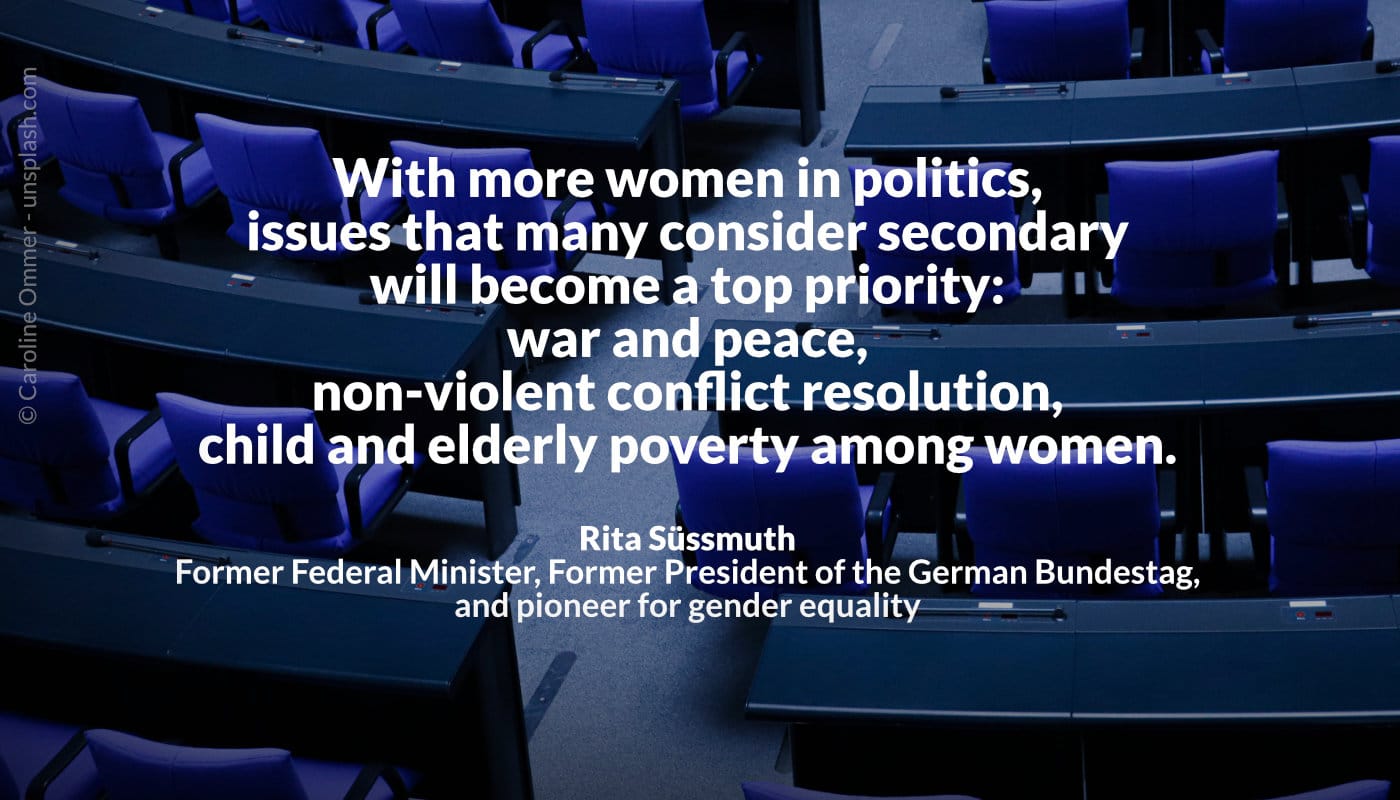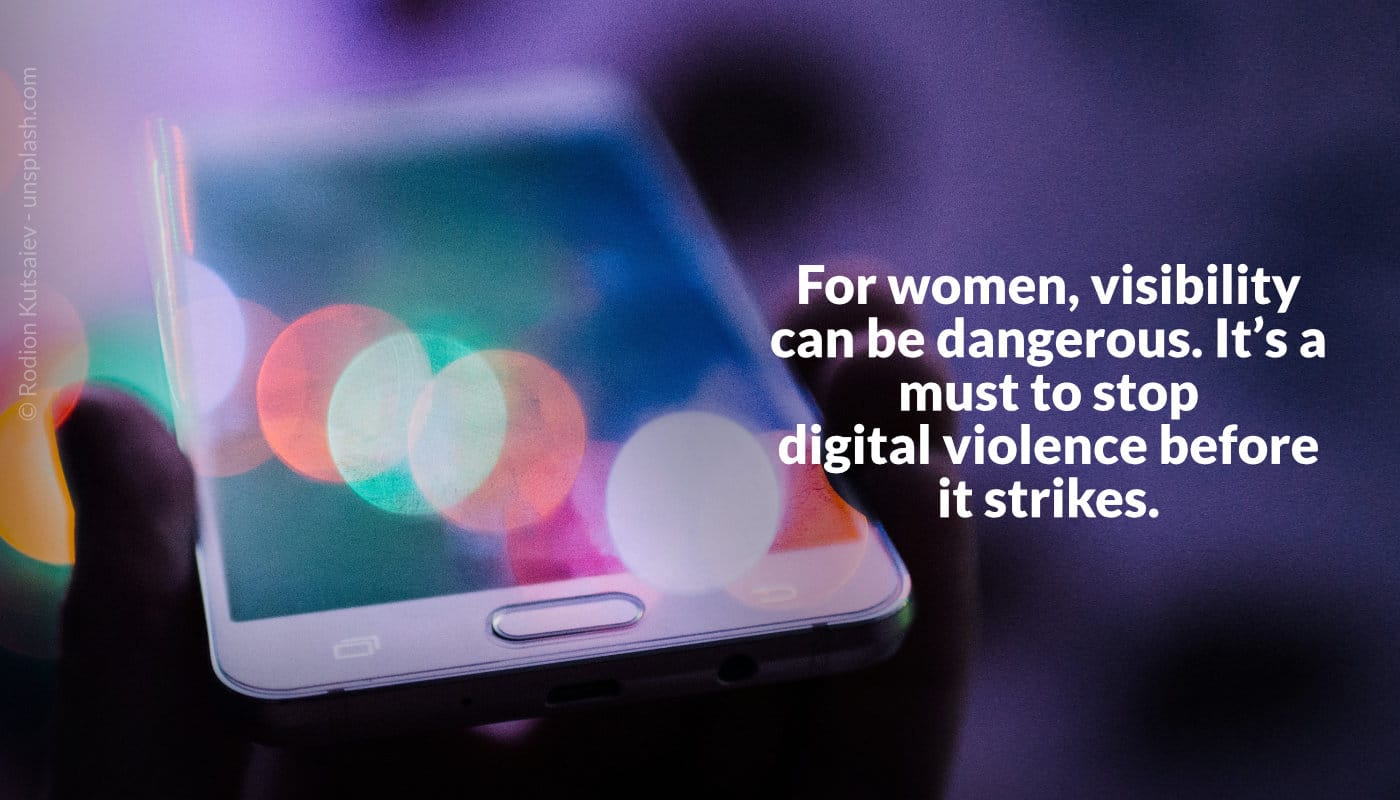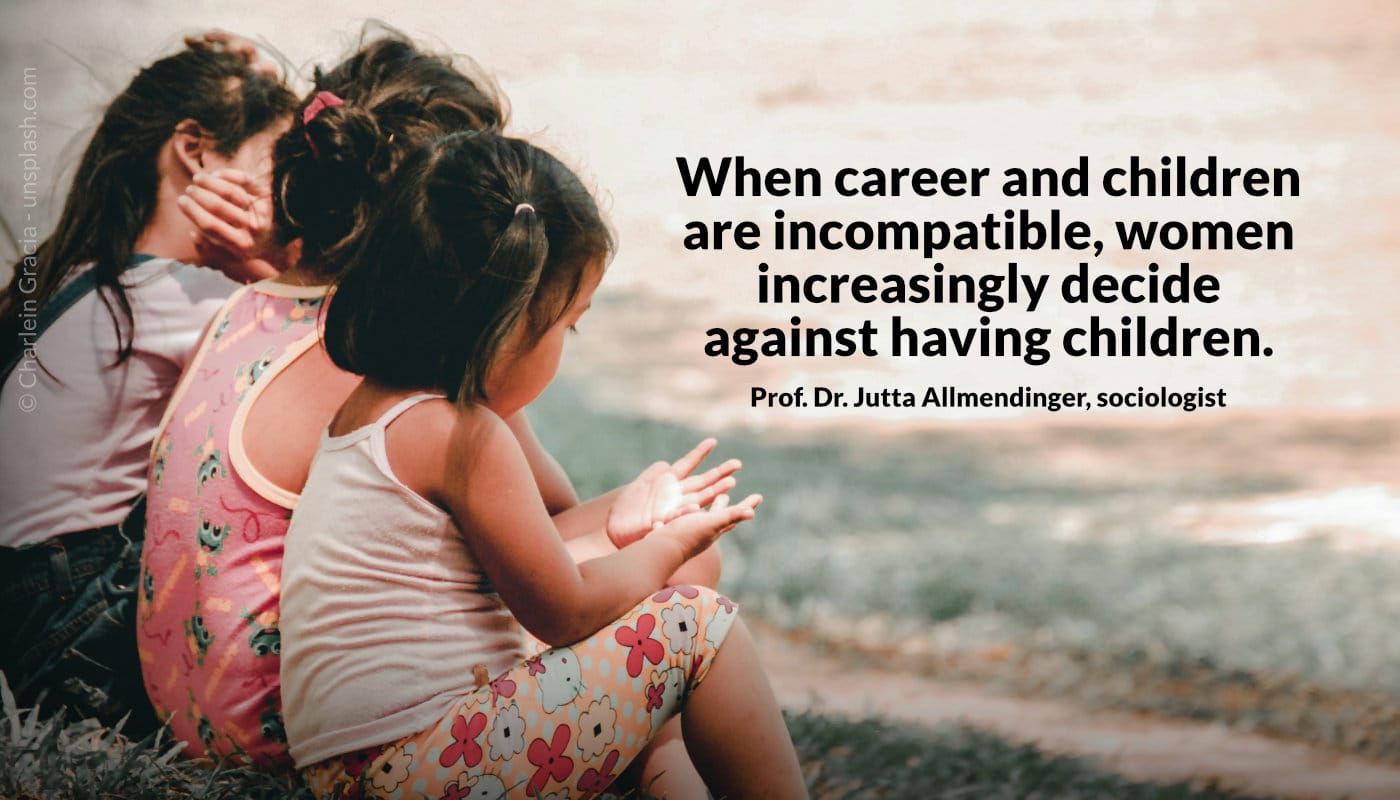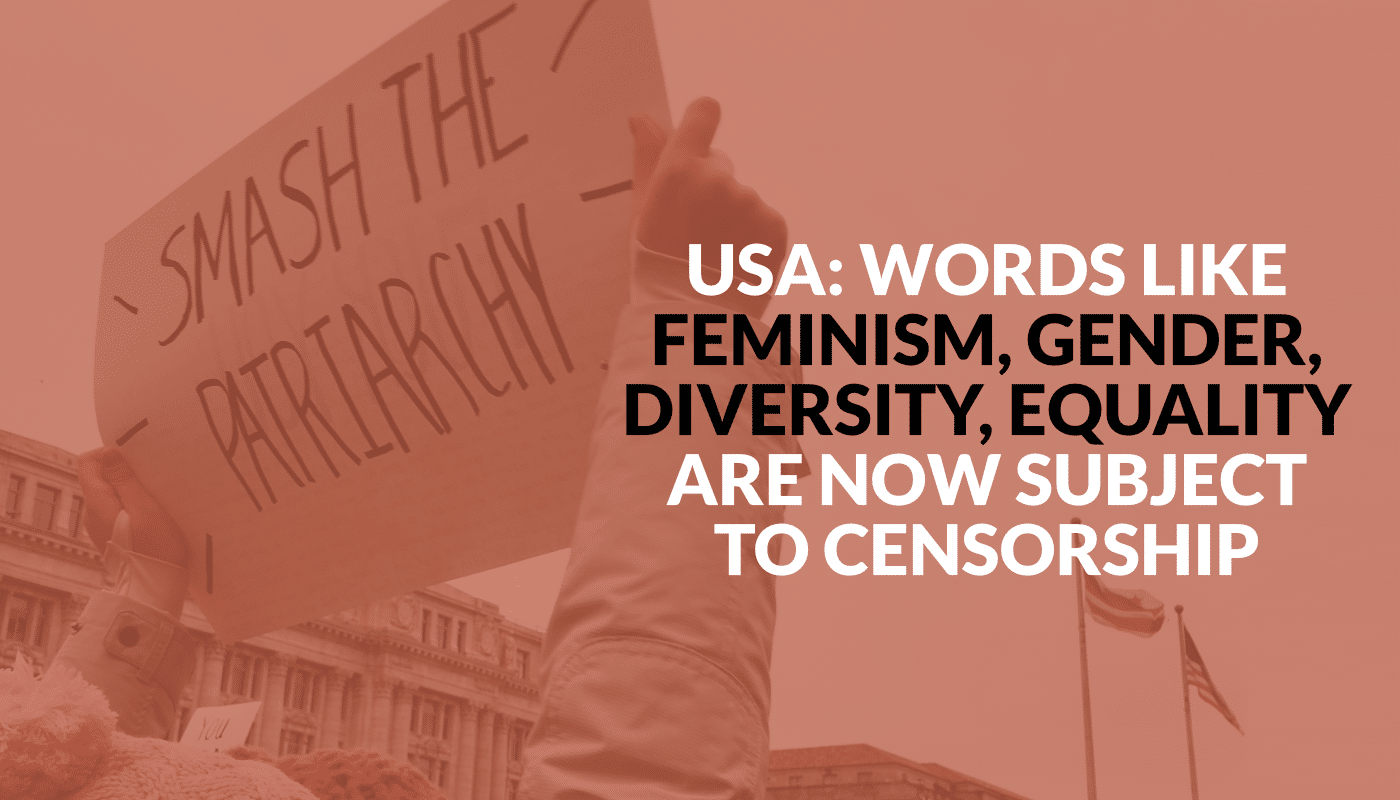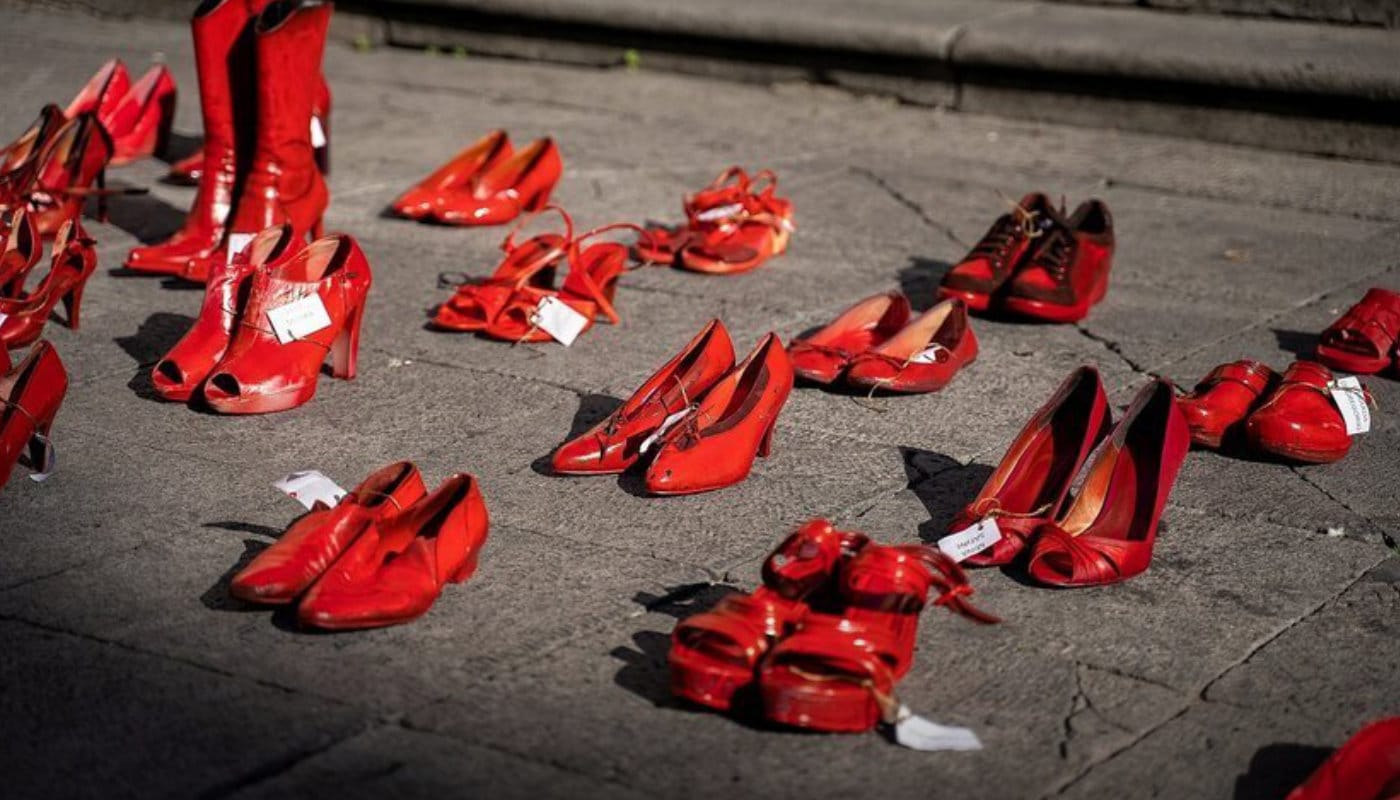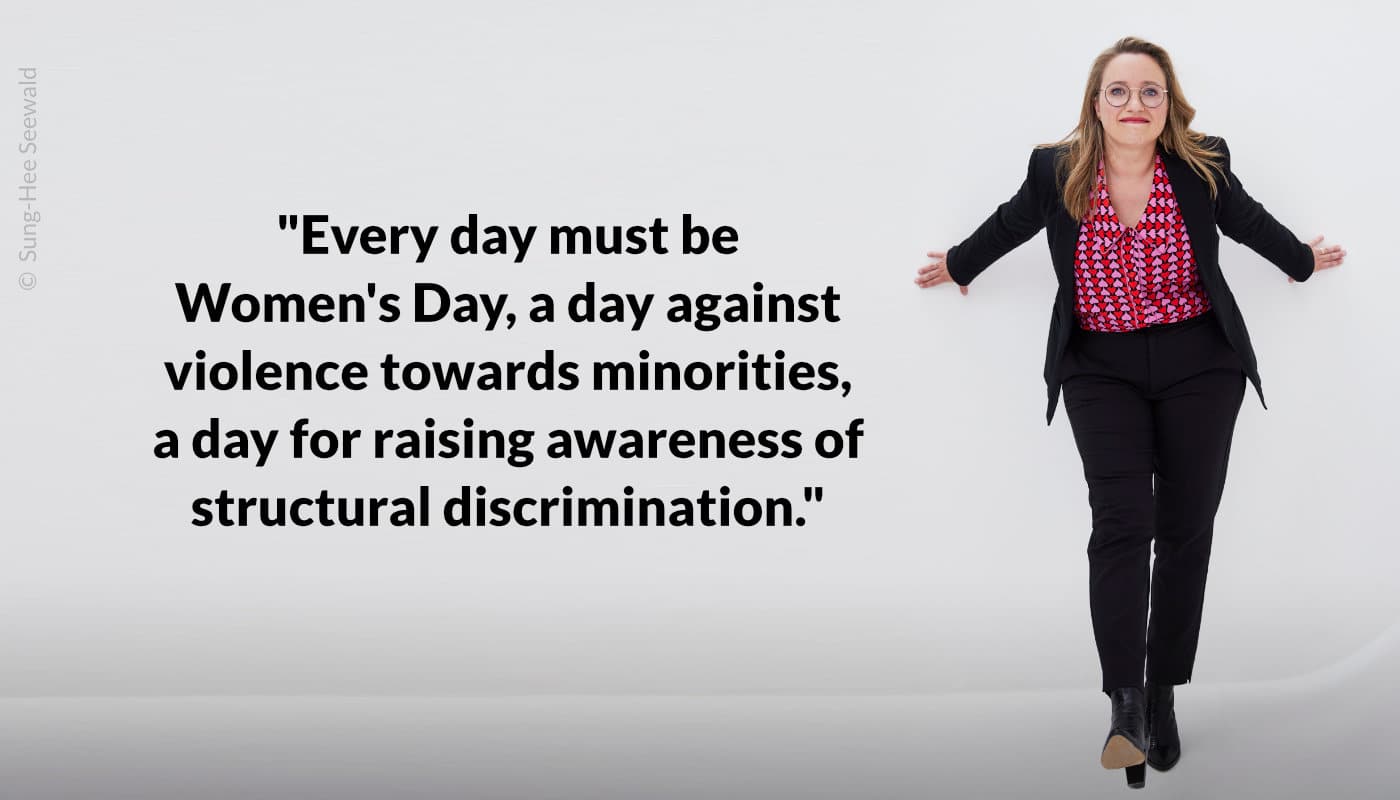For the first time, people aged 16 and over took part in the EU elections in Germany. According to a survey by Infratest dimap, 16 to 24-year-olds voted for
For the high A*D result in this age group, there are many explanations. Marina Weisband says, “It’s a generation that doesn’t expect to have a better life than their parents; instead, they have strong fears of decline. The A*D has managed to tap into this sentiment populistically and seemingly address these fears.”
Many appear to be disappointed with the Green Party because it makes too many compromises in the traffic light coalition. Additionally, it needs better communication that addresses the concerns of its target audience—not just being present on TikTok & Co.
From a press release by @Bundeszentrale für politische Bildung on the SINUS Youth Study 2024:
“The multitude of crises and problems such as wars, energy shortages, inflation, or climate change, which sometimes overlap and reinforce each other, seriously concerns and worries young people more than ever. Concerns about the environment and climate (…) continue to grow among the younger generation. The uncertainty caused by the difficult-to-assess dynamics of migration and the resulting increase in racism and discrimination is also considerable among teenagers. And finally, for many young people, the transition to professional and adult life is anxiety-ridden due to unpredictable societal developments.”
However, the #study also shows that the typical #optimism of the young generation has not been lost. “Many maintain a (purposeful) optimistic attitude and look positively into the future for themselves. Many of the surveyed young people have developed ‘coping strategies’ and overall appear resilient.”
Belonging, stability, and security are crucial to them, as well as social values like helpfulness and tolerance.
And (especially lacking in the years of Corona): They want to be respected, taken seriously, and heard.
“People socialize into democracy” (Weisband). They should already have decision-making spaces in school where they can experience self-efficacy. The more responsibility they take themselves, the better they understand how processes work, how to recognize their needs and those of others—then negotiate and compromise to reach common decisions. This promotes their self-image as shapers of society and participants in #democracy.
And in the working world as well, it’s crucial to open up spaces of possibility so that young people can shape things themselves!

Posted by Natascha Hoffner, Founder & CEO of herCAREER, WiWo columnist, LinkedIn TOP Voice 2020, W&V 2019 – 100 Köpfe
published on LinkedIn on 19.06.2024
References:
- https://www.deutschlandfunk.de/europawahl-2024-junge-waehler-afd-100.html
- https://www.bpb.de/die-bpb/presse/pressemitteilungen/549425/sinus-jugendstudie-2024-wie-ticken-jugendliche/
- https://www.deutschlandfunk.de/interview-marina-weisband-publizistin-zu-wahlverhalten-der-jungen-waehler-dlf-94b3cd40-100.html
- https://youtu.be/-Zagh-K6wsA


